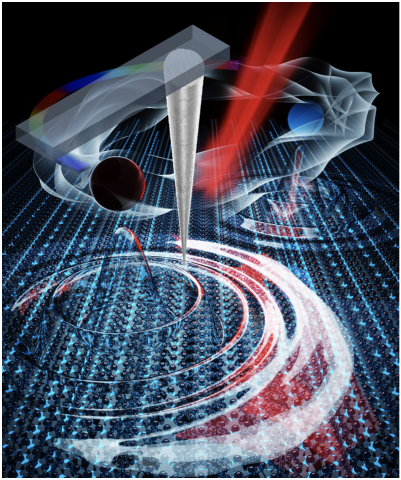
The proposed research holds the potential to significantly advance our comprehension and manipulation of coherence and dynamic processes that mediate exotic transport phenomena, collective behaviors, and quantum functionalities. Harnessing coherence and non-equilibrium dynamics could optimize the initial pathways for photoenergy conversion, transfer and nearly dissipationless photocurrent flow, even in the presence of impurities and within the complexities of grain boundaries and microstructures. These pathways are widely recognized as the fundamental steps necessary for the advancement of key quantum functional systems, including photovoltaics, microelectronics, quantum information systems, spin, and topological electronics. We will reveal the cross-cutting principles for how exceptionally robust photocurrent generation and photoenergy transport against impurity scattering can be realized by coherence, symmetry, and chirality protection. The work will characterize space, time, and energy evolution of electronic, vibrational, magnetic, and quantum geometric properties of matter. This work will engage important scales of nanometer lengths, terahertz frequencies, and femtosecond timescales, in a variety of model systems organized around their unique coherent and topological excitations, as well as photovoltaic properties. Special emphasis will be placed on dynamic stability, quantum switching, and coherent transport mechanisms enabled by the periodic driving of these materials. The work brings together a team of experimentalists, including experts in ultrafast and terahertz optics and spectroscopic nano-imaging of complex materials, together with theorists skilled in out-of-equilibrium simulations. This research directly addresses DOE Transformative Opportunities: Harnessing Coherence in Light and Matter and Exploiting Transformative Advances in Imaging Capabilities across Multiple Scales.
Project Members:
Principal Investigator: Jigang Wang
Co-PIs: Zhe Fei, Liang Luo, Yongxin Yao
Scientific Support Staff: Joong-Mok Park
Postdoc: Martin Mootz
